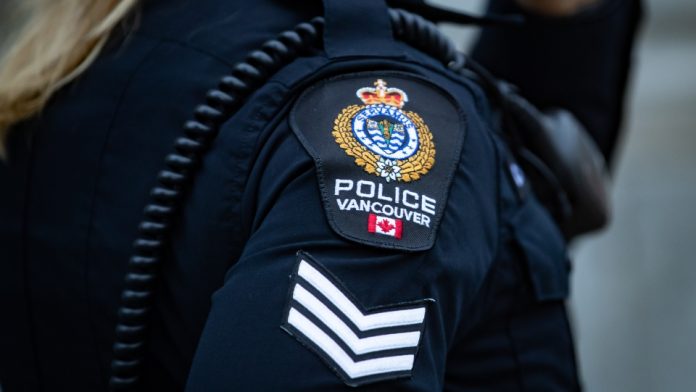The union representing RCMP officers says it’s concerned about the strain enforcing B.C.’s new COVID-19 vaccine passport will put on resources that are already stretched thin.
On Friday, Premier John Horgan said businesses who have “difficulty” with patrons refusing to show proof of enforcement can “call law enforcement.”
“We can’t just have the answer (be) always call the police,” said Rob Farrer, Pacific regional director with the National Police Federation.
Officers are professionals and will always do their job when called upon, he said.
But with the passport program applying to thousands of businesses across the province, he said enforcement will pose challenges under current resources.
“We’ve had over 650 deployments to wildfires. And then you’ve got Ferry Creek, which is very resource-heavy … You’ve got an increase in mental health calls with COVID taking its toll on people,” he said.
“So our concerns are very high about what this will look like for the members. And there’s only so many calls we can attend. So what will [happen] until we get more resources, I’m not sure where we go from there.”
Ralph Kaiser, president of the Vancouver Police Union echoed those concerns, saying the Vancouver Police Department was already dealing with “resourcing issues.”
“We simply don’t have enough members as needed to respond to a number of different priority calls,” he said.
“A call of this nature realistically would be much lower down on the scale of priorities. And the reality is it likely could be hours, if not days, before a member would be dispatched to attend the call like this.”
Retired Delta police chief Jim Cessford said businesses shouldn’t turn to 911 as a first step when dealing with people who don’t have their proof of immunization on hand.
But he acknowledged that if would-be patrons become belligerent, or won’t listen to staff, operators may need to turn to police.
“They shouldn’t be calling police if they’re just having a discussion about the policy, but if in fact there’s a potential for violence, then they need to call police,” he said.
“And then the police need to either stand by to prevent a breach of the peace, or if in fact the patron is absolutely refusing to leave they could ultimately be charged,” he added. “And unfortunately it may come to that in some situations.”
During the second and third wave of the pandemic, police were called on to enforce a ban on social gatherings, and Farrer said the scope of the new program means the pressure on police could be “magnitudes” larger.
Farrer said there are also potential safety concerns for front-line officers called to enforce vaccine passport disputes.
































